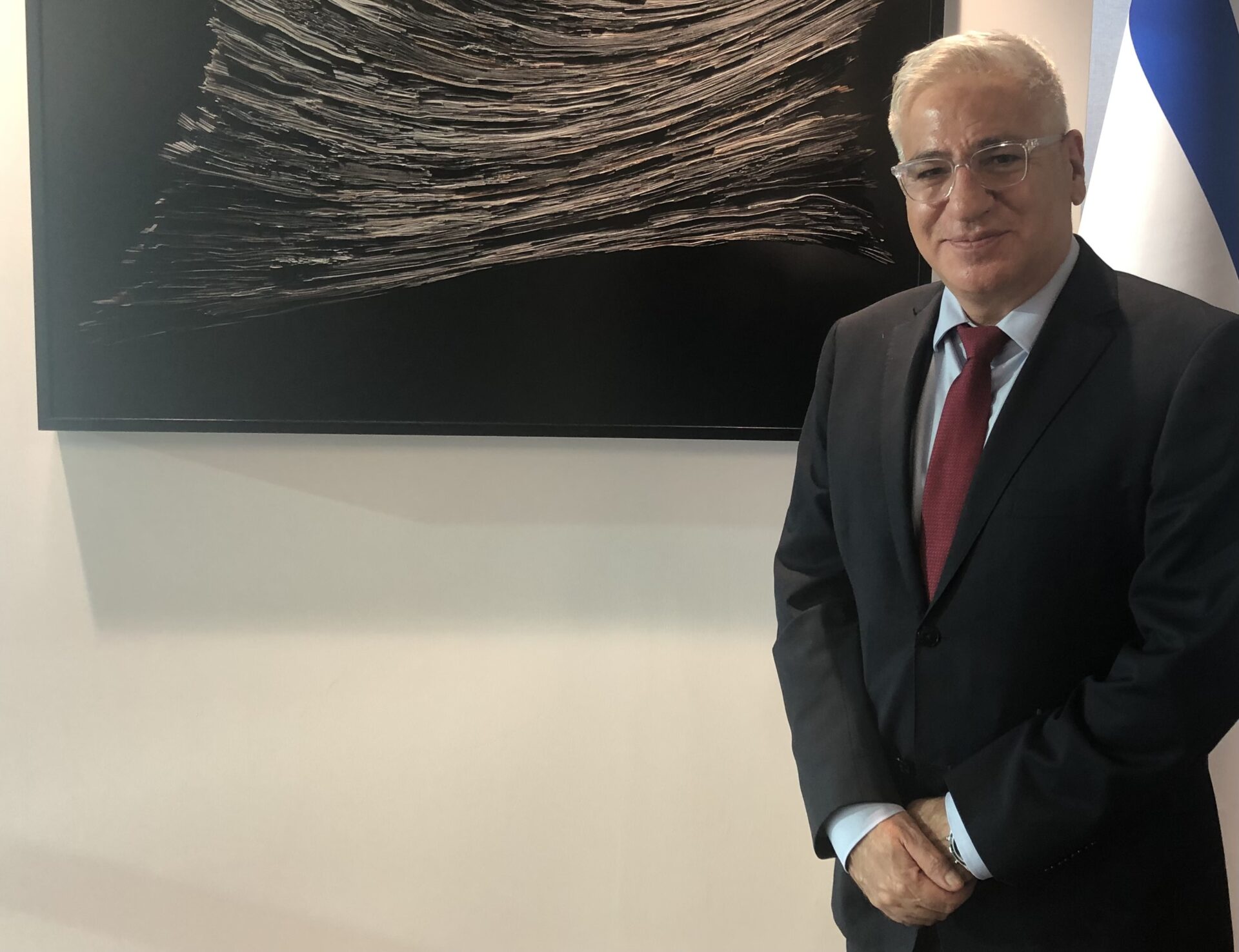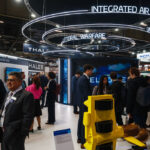NEW HORIZONS
UAE unlocks more of Gulf to Israeli companies, envoy says
Israelis can operate in Saudi Arabia, Qatar and other Muslim countries previously closed to them through partnerships with Emirati companies

Jonathan H. Ferziger
Ambassador Amir Hayek in his Abu Dhabi office
ABU DHABI, United Arab Emirates — A year after beginning his posting as Israel’s ambassador to the UAE, Amir Hayek has a new office, a track record for boosting trade and a view that the tiny Gulf country is...










